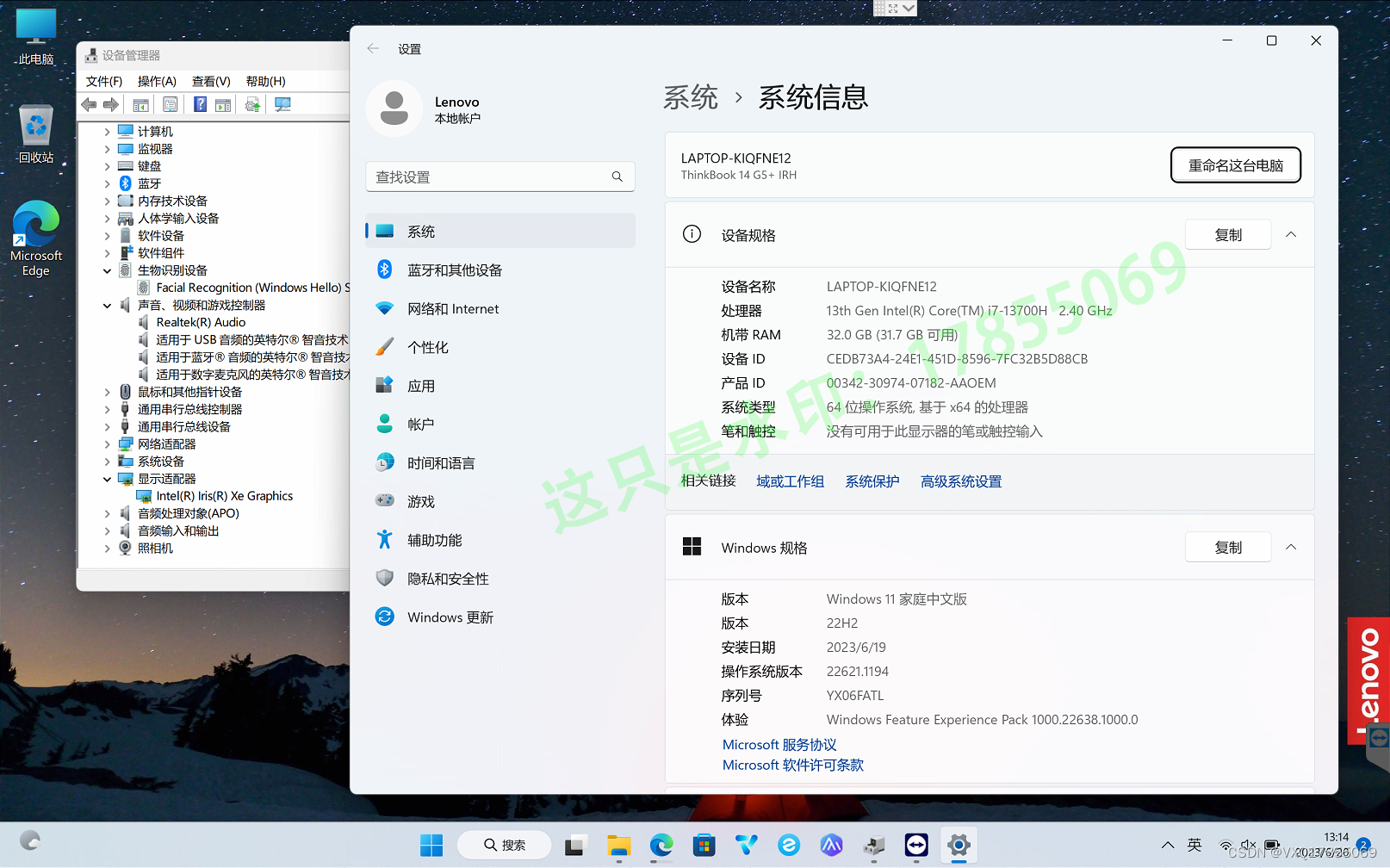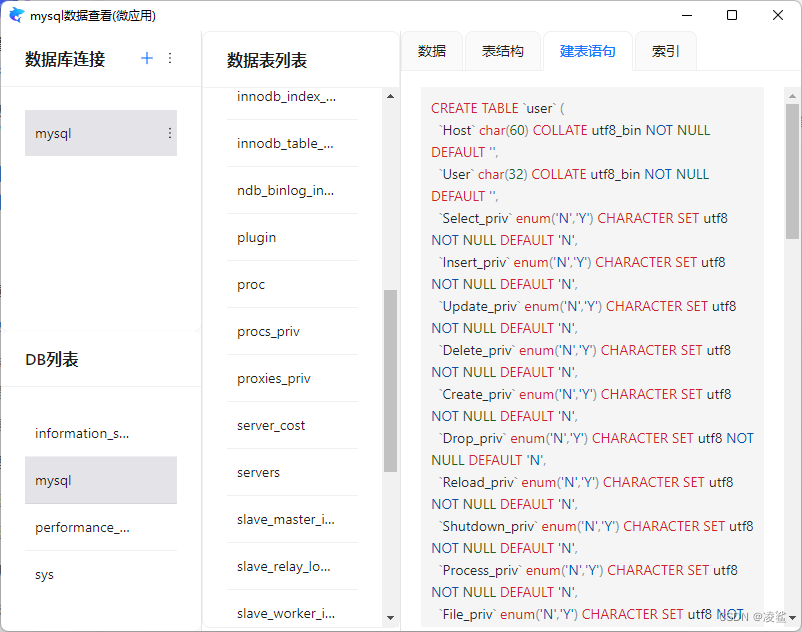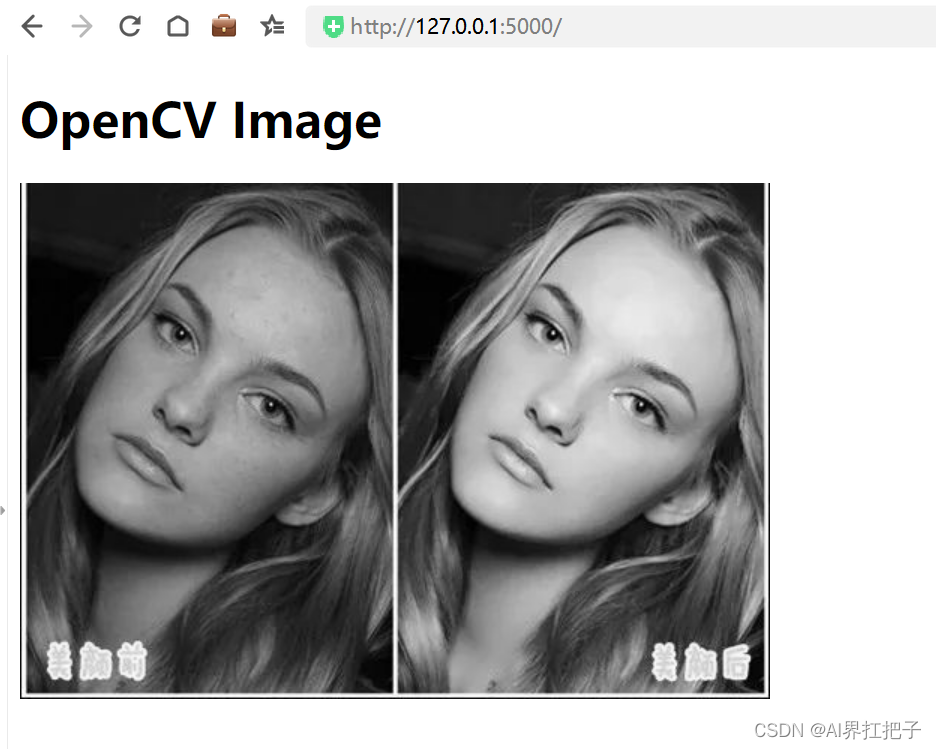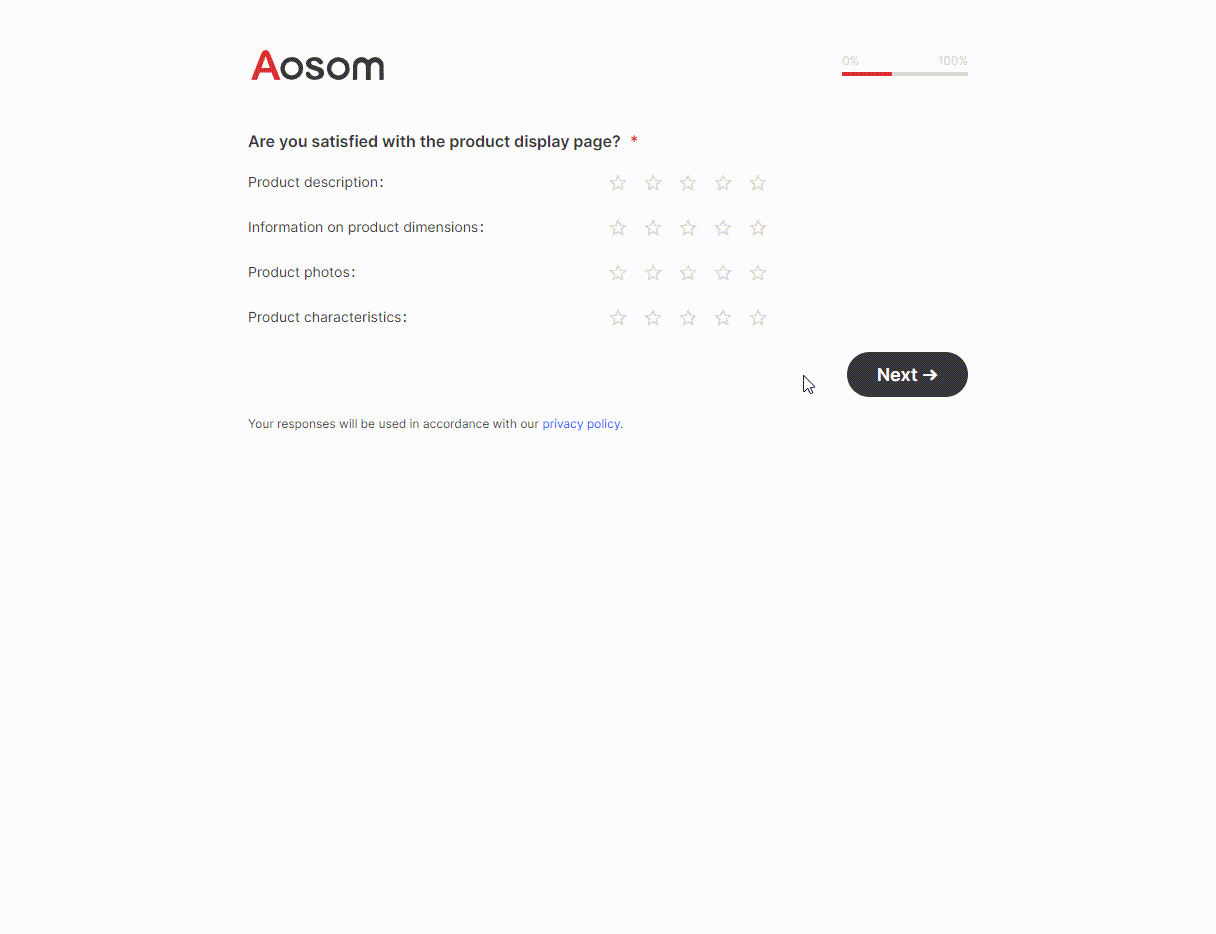背景
在传给后端接口的数据,是一个超过1.5mb的json字符串,通过nest filter的时候直接被拦截掉了,返回【 请求体太长】的错误。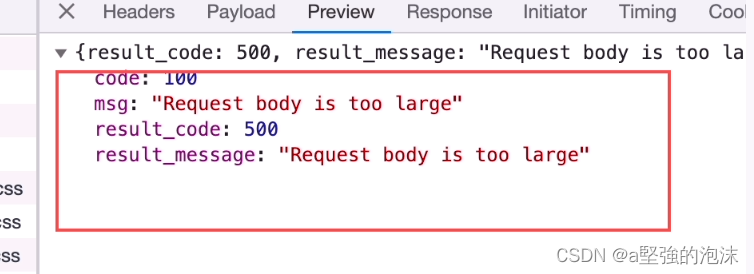
还没有到达contraller,就直接被框架拦截掉了,
import { ExceptionFilter, Catch, ArgumentsHost } from '@nestjs/common';
import { HttpAdapterHost } from '@nestjs/core';
import { ErrorCode } from '../shared/constants';
export class CommonException extends Error {
constructor(public code: number, public message: string) {
super();
}
}
@Catch()
export class UncaughtExceptionFilter implements ExceptionFilter {
constructor(private readonly httpAdapterHost: HttpAdapterHost) {}
catch(exception: Error | CommonException, host: ArgumentsHost): void {
const ctx = host.switchToHttp();
const { httpAdapter } = this.httpAdapterHost;
const { message = 'Internal Server Error' } = exception;
const responseBody = {
result_code: 500, // TODO: remove it
result_message: message, // TODO: remove it
code:
exception instanceof CommonException
? exception.code
: ErrorCode.UNCAUGHT_EXCEPTION, // 100
msg: message,
};
httpAdapter.reply(ctx.getResponse(), responseBody, 200);
}
}
解决
1、参考这个解决方案,Nest.js - request entity too large PayloadTooLargeError: request entity too large,引入bodyParser修改配置即可。(默认配置是比较小的)
import * as bodyParser from 'body-parser';
async function bootstrap() {
const app = await NestFactory.create(AppModule);
app.use(bodyParser.json({limit: '50mb'}));
app.use(bodyParser.urlencoded({limit: '50mb', extended: true}));
await app.listen(3000);
}
bootstrap();
2、对我这个场景来说,传给后端的数据是可控的,所以我们可以考虑自行把新旧数据进行比对,只把被修改的数据传给后端即可。
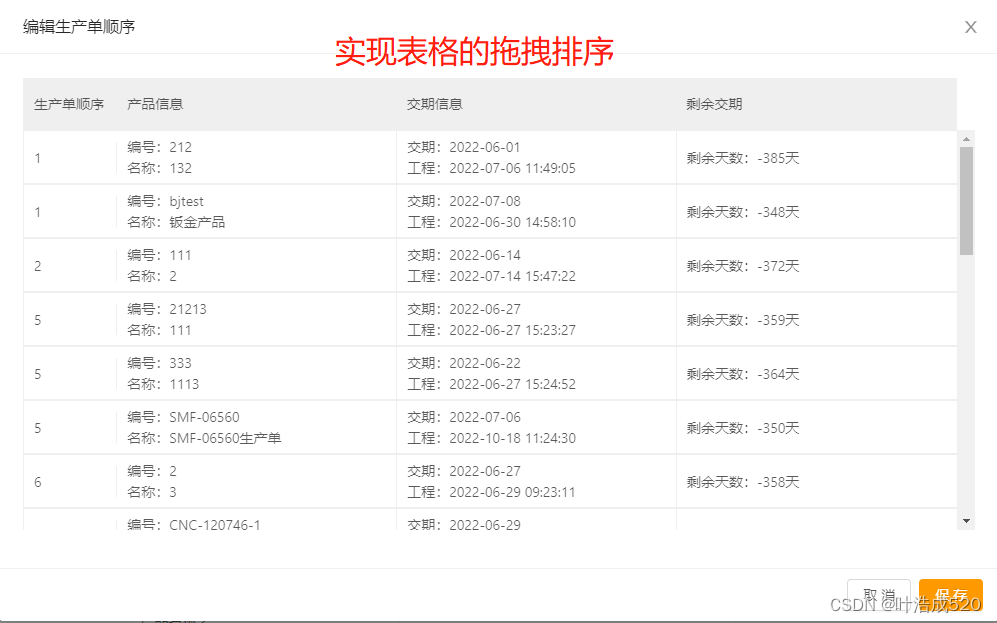
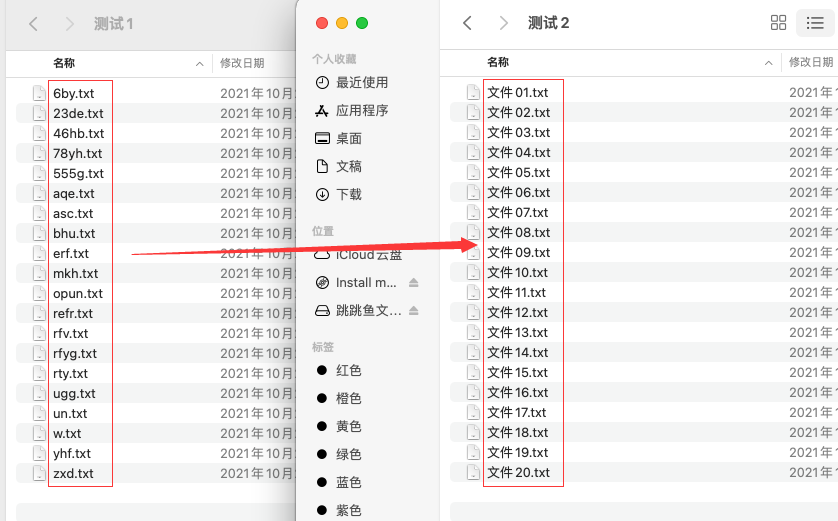


![【运维】Linux系统 AnolisOS [CentOs替代品]](https://img-blog.csdnimg.cn/0d96b090d2284e7bb914afaa7c4f8335.png)
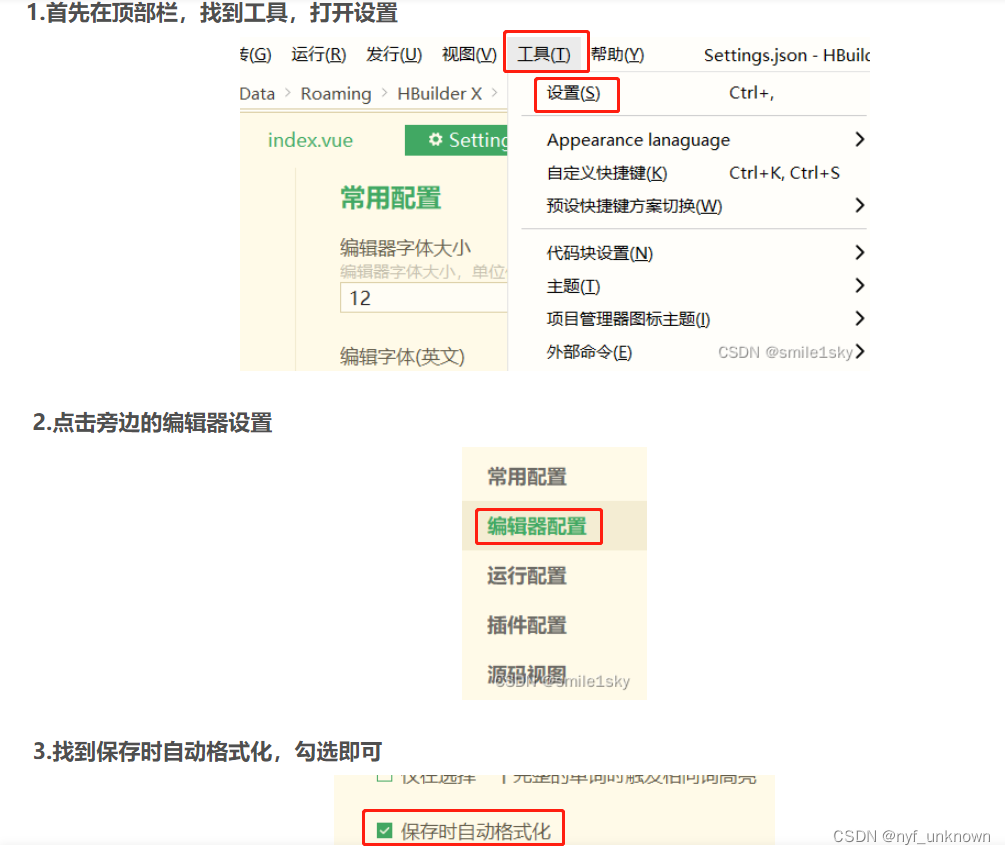

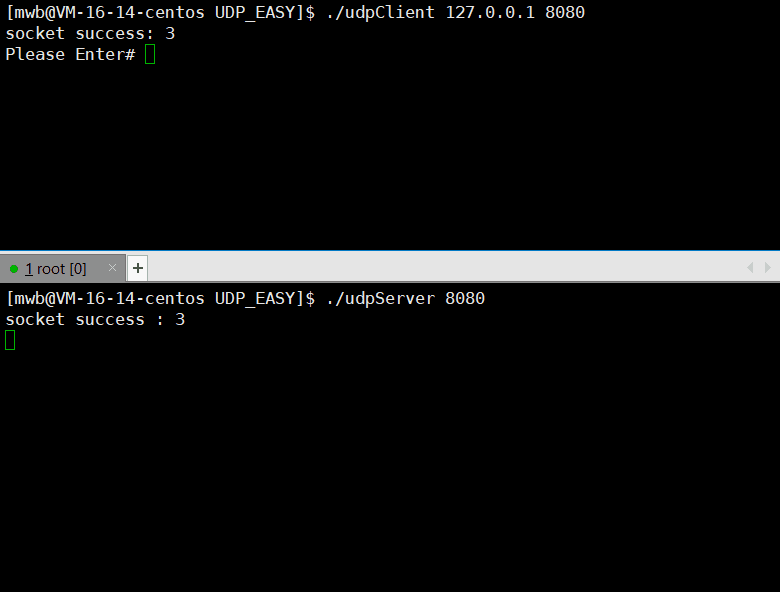
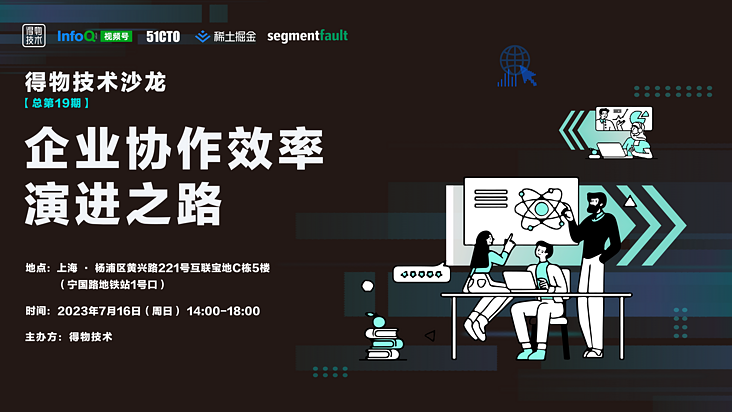

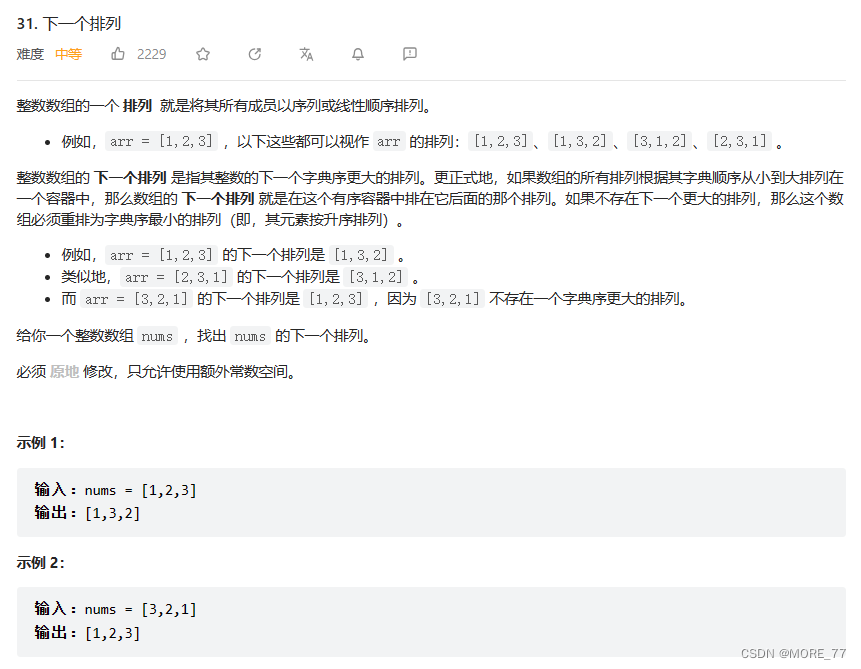

![[Json]控制返回数据是否包含某个属性](https://img-blog.csdnimg.cn/8d4d7db447eb4f9b8b373cbf9ff6821e.png)


